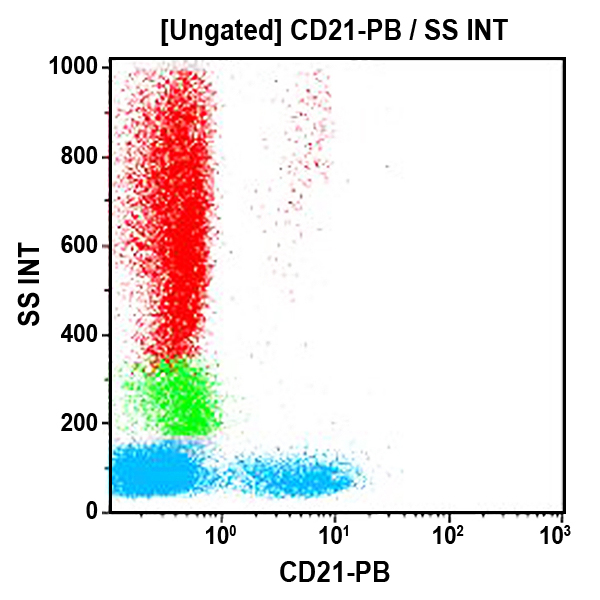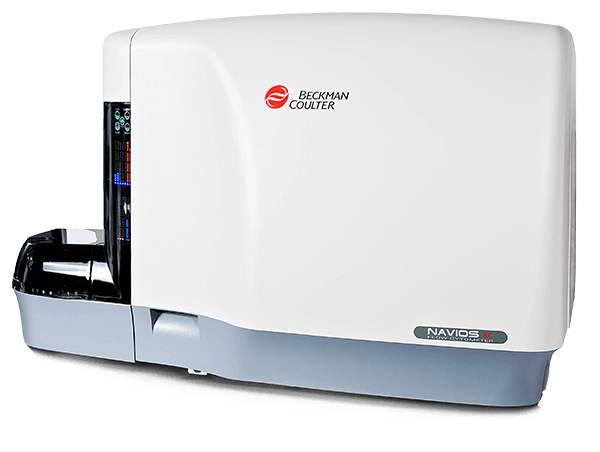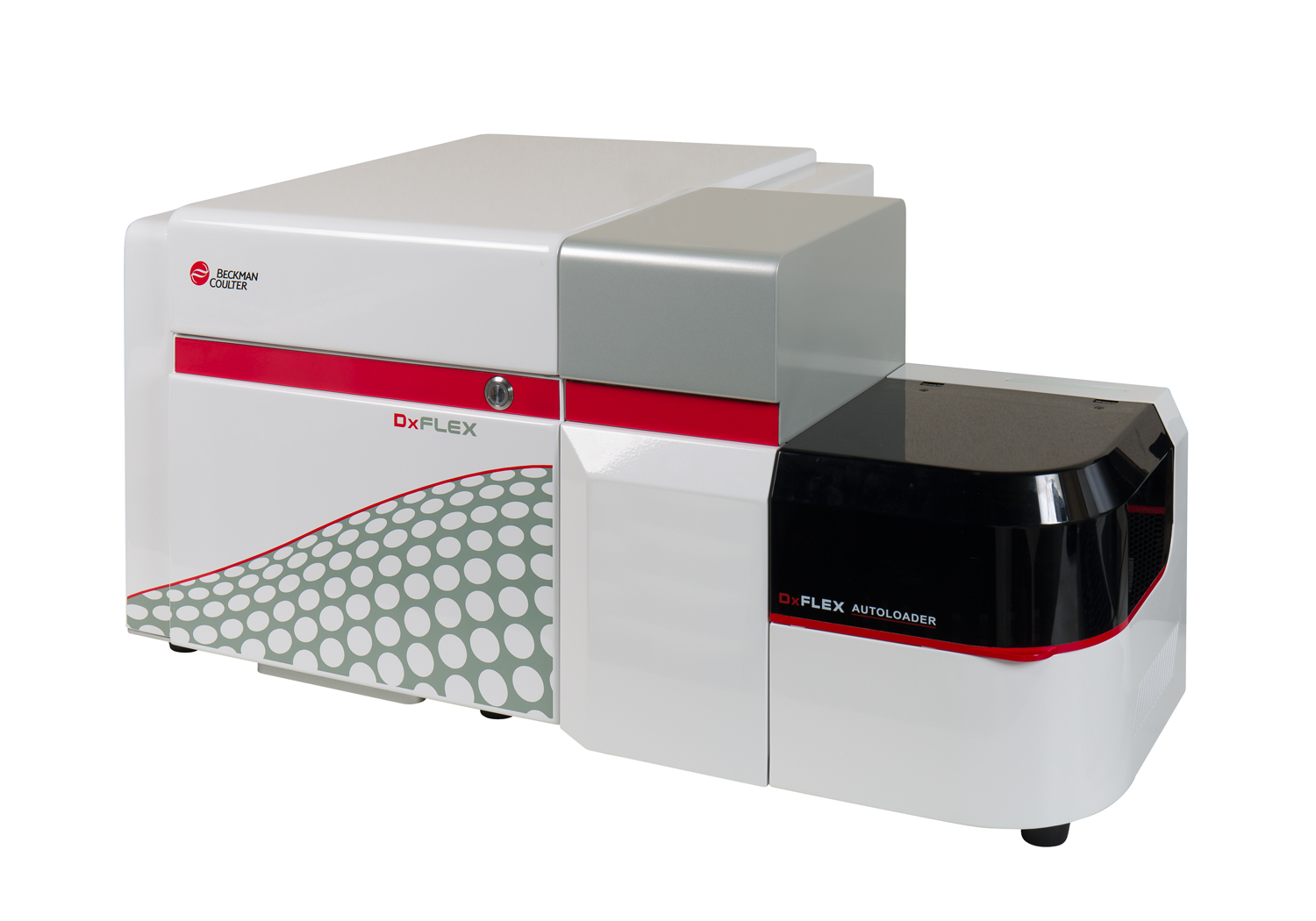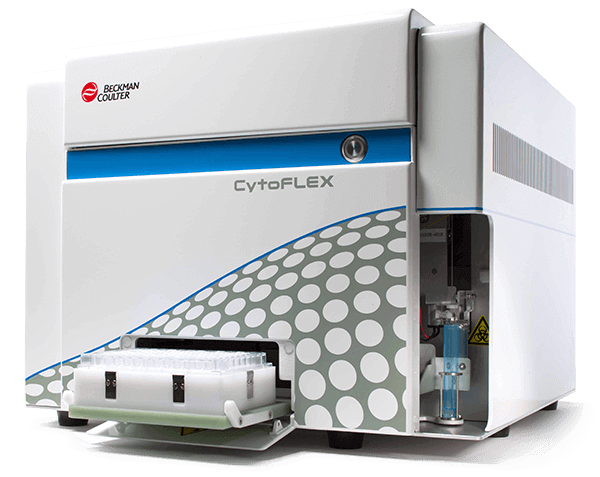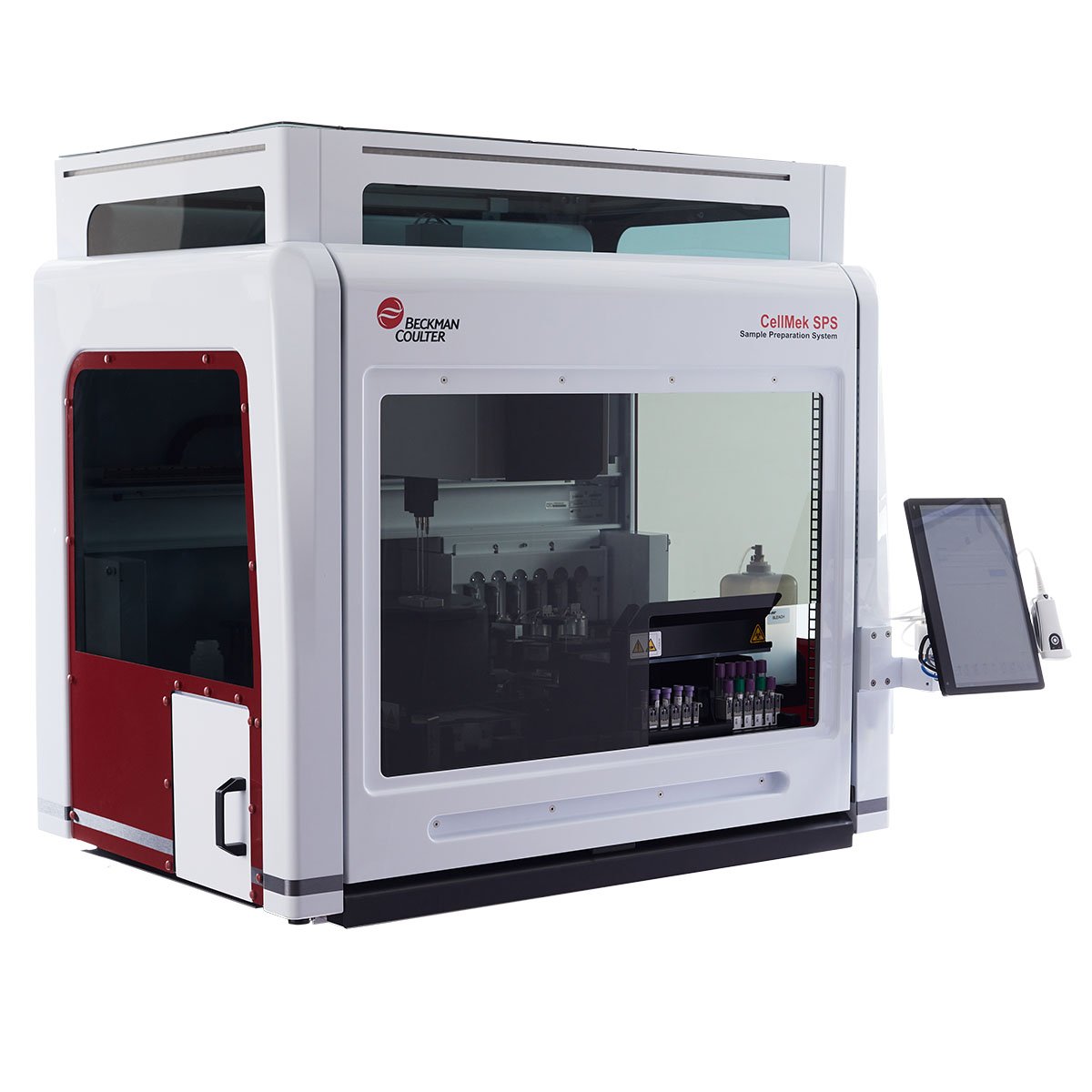CD21 Antibodies
The CD21 molecule is a 145 kDa type I transmembrane glycoprotein, which belongs to the family of complement regulatory proteins. CD21 is expressed by mature B lymphocytes and is rapidly lost following cellular activation. It is not expressed on early (pre-B) and late (B blast or plasma cell) B ontogeny. On follicular dendritic cells the CD21 antigen is strongly expressed. Expression of CD21 in a subset of T lymphocytes has been reported. Four types of CD21 ligands have been identified. They are products following proteolytic cleavage of the complement protein C3 (i. e. iC3b, C3dg and C3d), the Epstein-Barr (EBV) virus envelope, Interferon α (IFNα) and CD23. CD21 was found to be part of a large complex containing also CD19, and CD81 (also named TAPA-1) suggesting a key-role of CD21 during the immune response.
| Clone: BL13 | Isotype: IgG1 Mouse |

